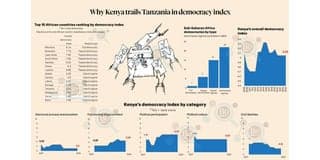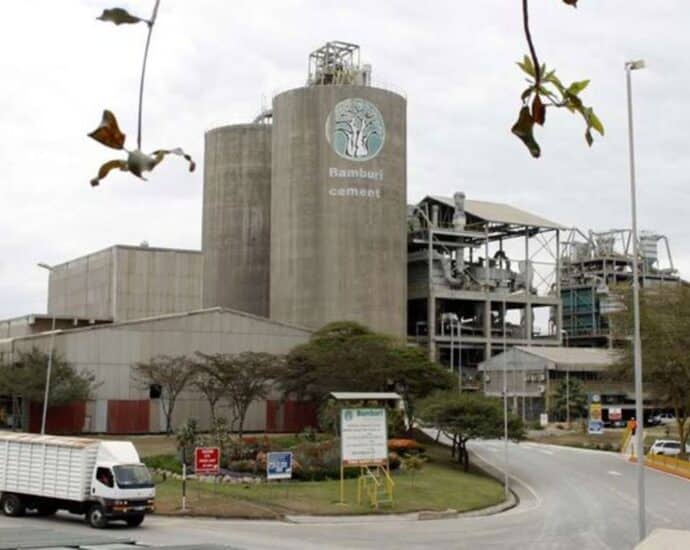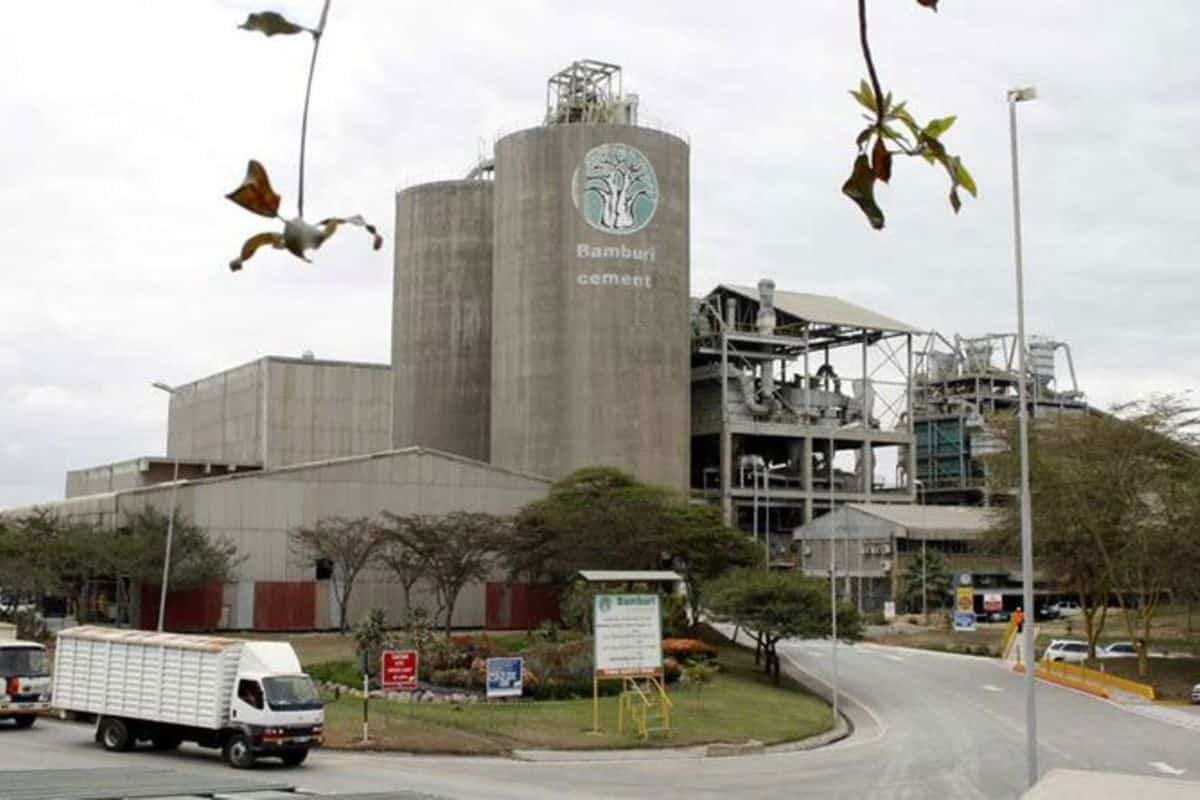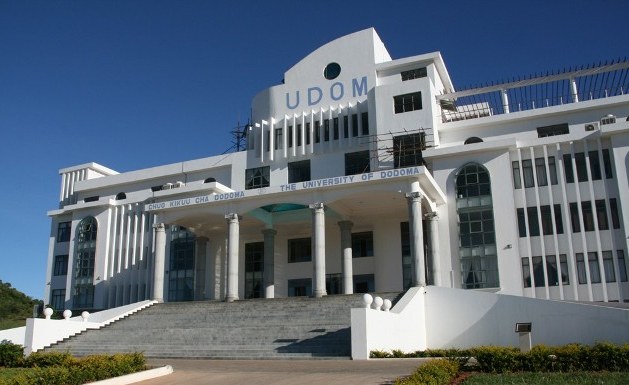Tanzania: Power Supply Exceeds Demand – Ministry
ELECTRICITY generation in Tanzania has surpassed the increasing demand driven by the expanding economy and rapid urbanization, largely due to significant contributions from the partially operational Julius Nyerere Hydropower Project Plant.
Permanent Secretary in the Ministry of Energy, Engineer Felchesmi Mramba, highlighted this development during his visit to the Ministry of Energy’s pavilion at the ongoing 48th Dar es Salaam International Trade Fair (DITF) in Dar es Salaam on Wednesday.
Tanzania is blessed with diverse energy sources including biomass, natural gas, hydro, coal, geothermal, solar, wind, and uranium, many of which remain untapped.
As of December 31st, 2023, the total installed energy capacity reached 1,938.35 Megawatts. Recently, two turbines with an installed capacity of 235 MW each at the Julius Nyerere Hydropower Project Plant were commissioned in March and April this year, raising the total installed capacity to 2,408 MW.
The country’s peak demand was recorded in August 2023 at 1,482.80 MW. Eng. Mramba encouraged Tanzanians to expand their investments in sectors requiring electricity, emphasizing that supply is currently reliable and sufficient.
“Despite the existence of power sources like the Julius Nyerere Hydropower Project, which has significantly increased our installed capacity to meet current and future demands, we remain committed to diversifying our energy sources,” Eng. Mramba highlighted.
He continued, stating that efforts are underway to increase capacity through various energy sources, with a focus on renewable energy.
“Projects such as the Kishapu solar power project (150 MW), wind power projects in Singida and Makambako (300 to 400 MW), Malagarasi Hydropower Project (49.5 MW), Kakono Hydropower Project (87 MW), Songwe Dam and Hydropower Plant (180.2 MW), Rumakali Hydropower Project (222 MW), and Ruhudji Hydropower Project (358 MW) are part of our strategy.”
In related news, the PS commended Tanzania Electric Supply Company Limited (TANESCO) for strengthening its operations to ensure adequate power supply.
“TANESCO has been working tirelessly to fulfill its duties, ensuring the country has sufficient electricity,” he acknowledged.
However, he urged the state-owned utility to innovate further to enhance service quality and affordability.
“Research and technology adoption in the energy sector should be a priority for us to remain competitive globally,” he emphasized.
Regarding the implementation of the National Clean Cooking Energy Strategy, he directed stakeholders to continue researching ways to improve citizens’ lives by reducing the cost of clean cooking equipment.
Source: allafrica.com





















